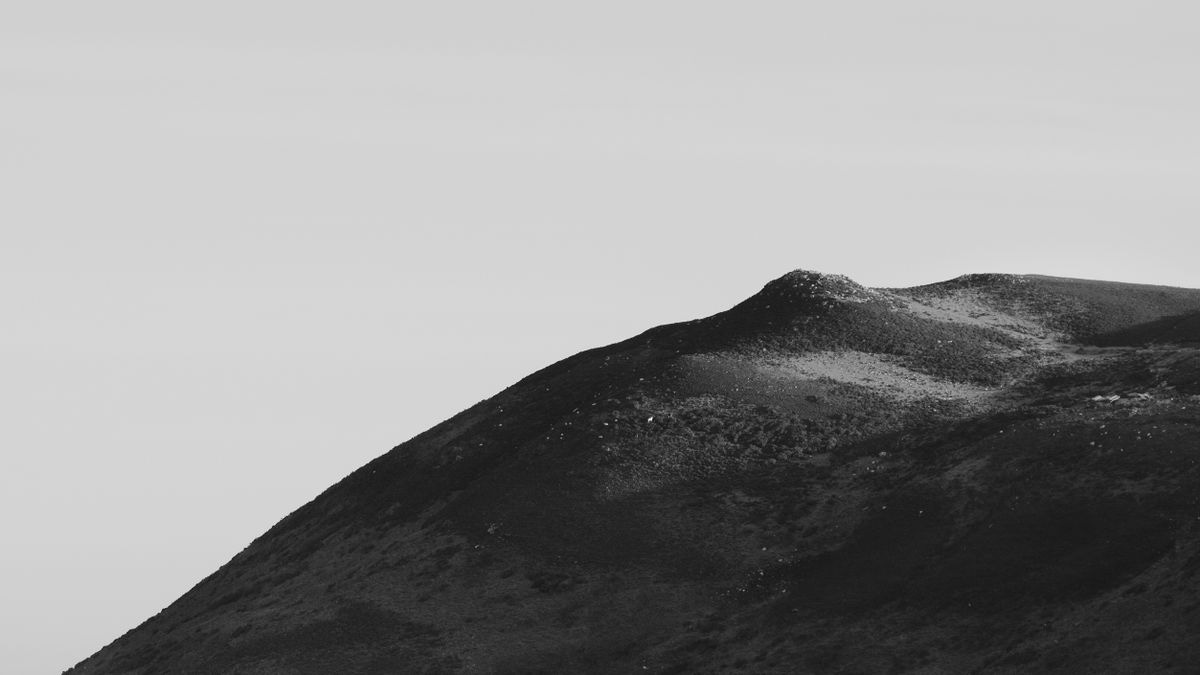I studied for a Master's degree in Photography; was it worth it?
I spent a lot of time questioning if I needed a degree in photography to progress in the industry. The answer wasn't as straight forward as I imagined.
Photography is one of those fields where no one asks to see your qualifications. Some of the greatest photographers never studied formally, and for almost ten years, I was proof that you didn’t need a degree to make a living in the industry. I worked as a commercial photographer, entirely self-taught, shooting for clients and making a career out of something I loved. But after nearly a decade, I hit a wall.
I was no longer making work for myself. My camera had become a tool for someone else’s vision, and I had no idea how to change that. I wanted to shift my focus and figure out how to create personal projects alongside commercial work without feeling like a hired hand. That’s when I began considering a Master’s degree (MA). Not because I thought I needed one, but because I hoped it would provide me with the space to recalibrate.
I ended up at the University of the West of England in Bristol, home to a particularly well-regarded MA in Photography, led by photographer and writer Aaron Schuman. If you’re familiar with his work, in particular his books Slant and Sonata, you’ll know he has a deep, thoughtful approach to photography. That way of thinking shaped the course, and along with fellow professors Dr. Shawn Sobers and Amak Mahmoodian, shaped my newfound approach.
The biggest shift wasn’t just in my photography, it was in how I thought about photography as a whole. I had spent years defining myself as solely a photographer, but the MA opened my eyes to the fact that there’s more to photography than pressing the shutter. I started writing about it, editing, and curating. I discovered entire avenues of the medium I hadn’t considered before. It also gave me time and space to develop my own visual language and voice, something I’d never fully prioritized when working for clients.
That’s not to say it was an easy decision. Doing a master’s meant stepping away from a steady paycheck, which was extremely daunting at first. But looking back, the benefits far outweigh the financial sacrifice. The MA gave me time to experiment, a critical framework I couldn’t have developed on my own, and a community of photographers who challenged and inspired me. I also learned to read images beyond the surface, to understand how meaning is built in photography, and to think about what I wanted to say with my own work.
Most importantly, I figured out how to balance personal and commercial photography in a way that actually felt fulfilling. Before, I saw them as separate worlds; the work I had to do and the work I wanted to do. The MA helped me connect the two, showing me that personal projects aren’t just important for creative satisfaction, they’re often what attract the best opportunities.
So, was it worth it? Absolutely. But do you need an MA to be a photographer? Not at all. You can teach yourself everything you need to know, and many successful photographers do exactly that. If you’re someone who thrives on self-directed learning, you might not need the structure of a degree. But for me, the MA wasn’t about getting a qualification, it was about pushing my work further, discovering new ways to engage with photography, and, ultimately, redefining what it means to be a photographer – and for that, I wouldn’t change a thing.
– Kalum



As someone who is considering this path, and with a similar perspective on what an MA programme could offer in terms of progressing personal work, this was an incredibly helpful (and well-timed) read - thank you!